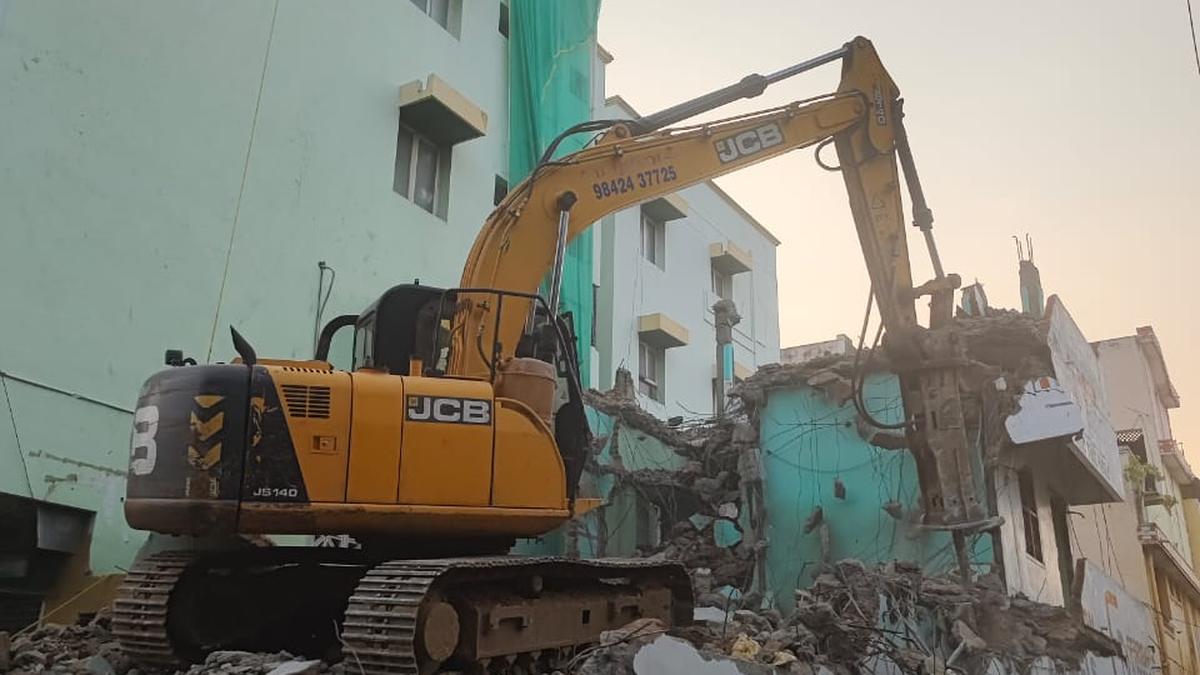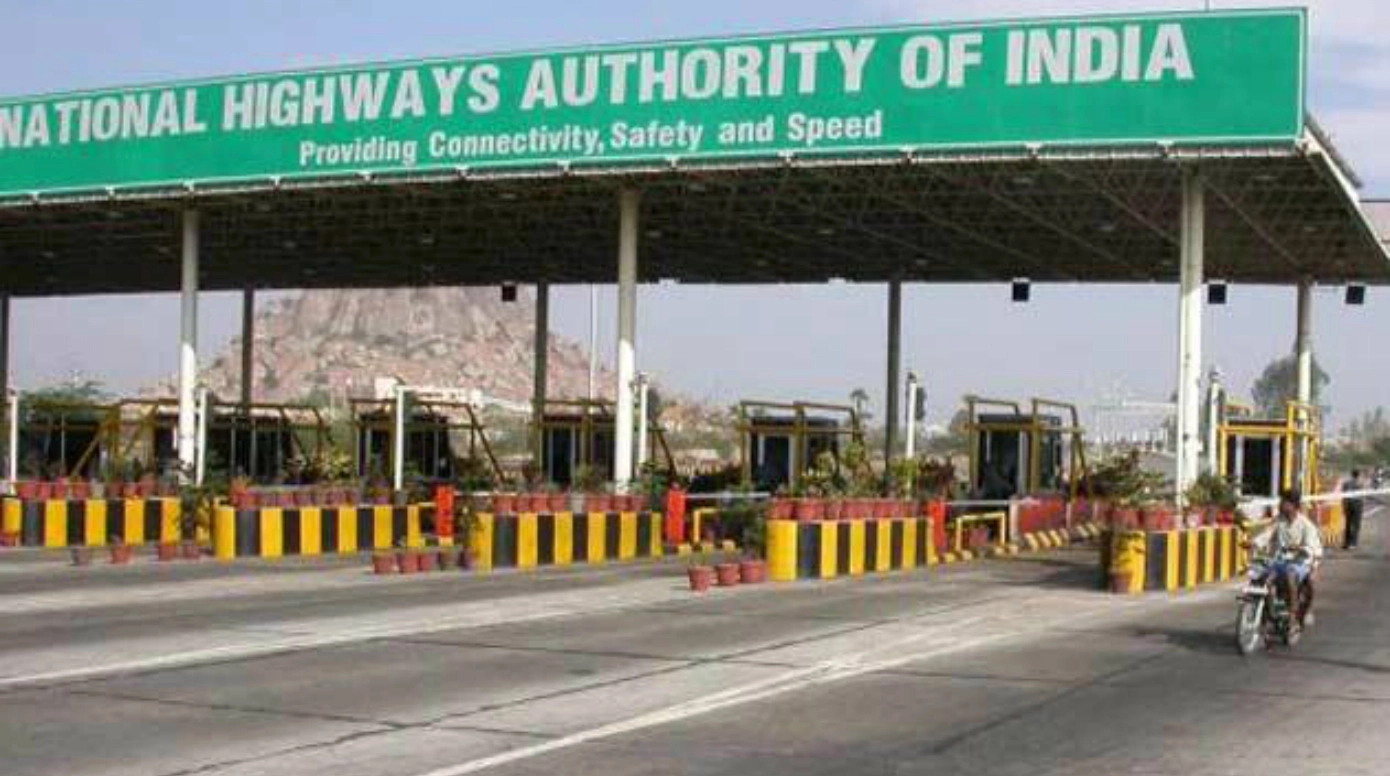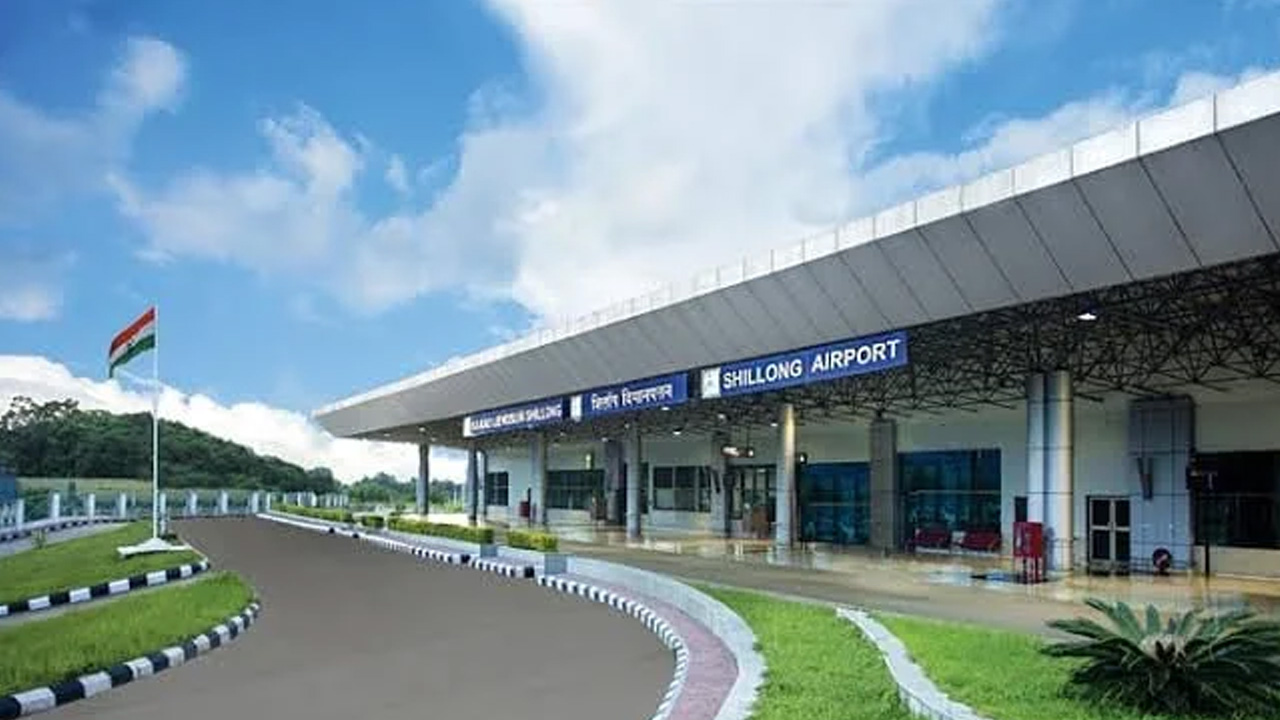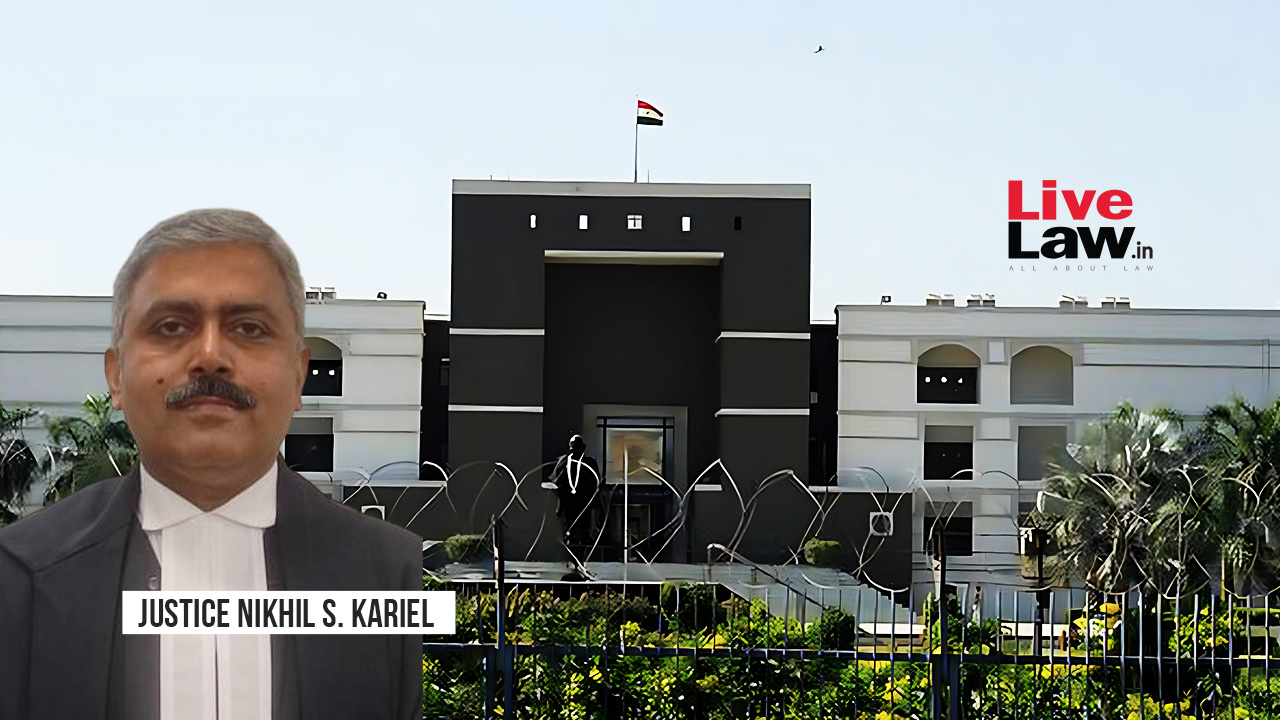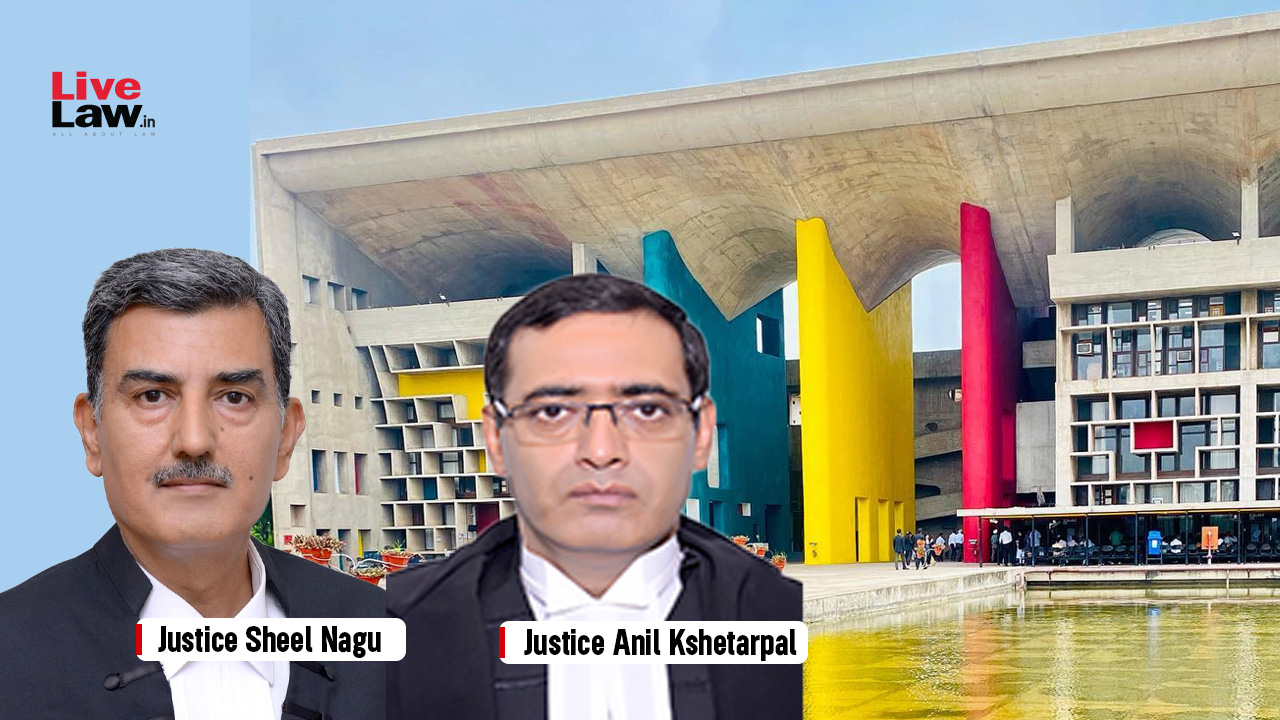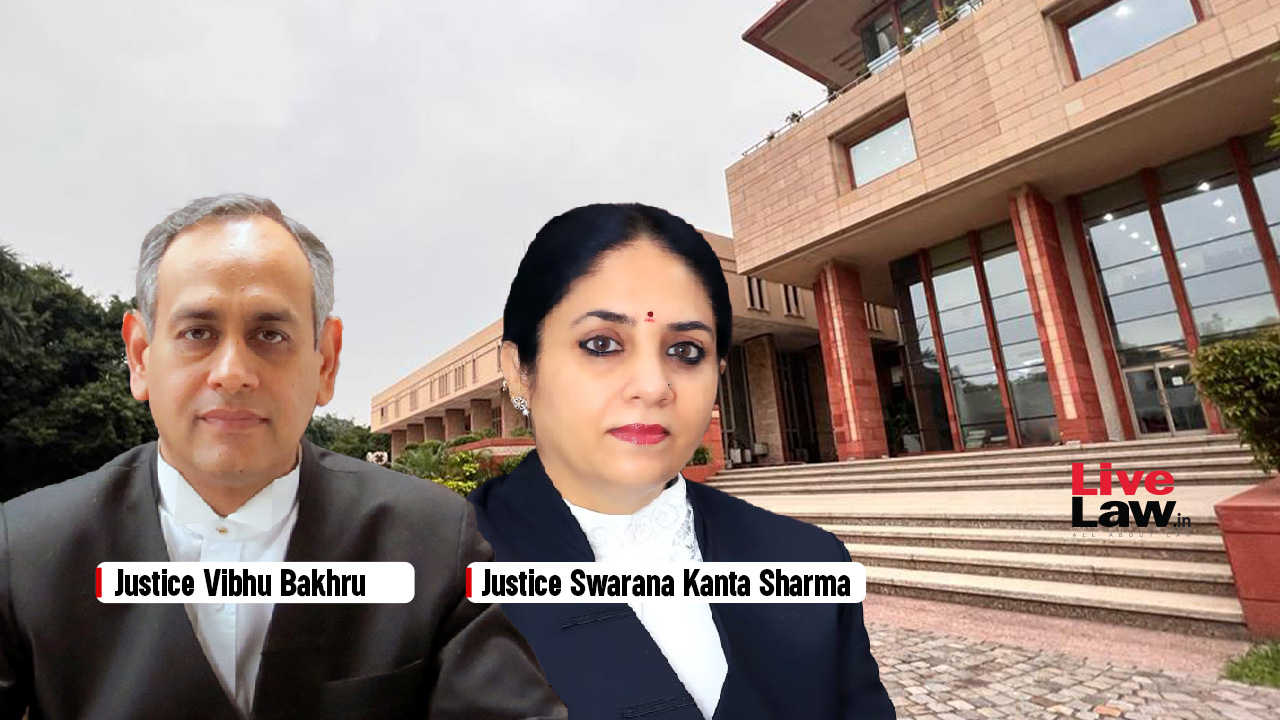
Supreme Court Upholds Land Acquisition Notifications For Chennai-Salem 8 Lane Expressway
Live LawThe Supreme Court on Tuesday upheld the notifications issued for acquiring land for the Chennai-Salem eight-lane greenfield expressway project.Partly allowing the appeals of the Union of India and the National Highways Authority of India, the top court reversed the Madras High Court judgment to the extent it quashed the land acquisition notifications.The Court said that it has negatived. Prior Environmental Clearance not needed for land acquisition notification The Supreme Court observed that it is not necessary for the Central Government or the National Highway Authority of India to apply for prior environmental/forest clearances or permissions at the stage of planning or taking an in principle decision to formalize the project of constructing a new national highway manifested in notification under Section 2, including until the stage of issuing notification under Section 3A of the National Highways Act. The prior environmental clearance is required to be taken before commencement of the "actual construction or building work" of the national highway by the executing agency, the bench comprising Justices AM Khanwilkar, BR Gavai and Krishna Murari observed while allowing the appeal filed against the Madras High Court judgment which had quashed the notifications issued for acquiring land for the Chennai-Salem eight-lane greenfield expressway project. To put it differently, it is incomprehensible that the stated 2006 notification obliges the Central Government to take prior permission even before the stage of "planning" and "finalisation of the project" such as in terms of the minutes dated 19.1.2018 followed by notifications under Sections 2 and 3A of the 1956 Act, as the case may be" The court said that the role of the competent authority under the environmental law or forest law is limited to scrutiny of the formalized project brought before it prior to its implementation by the executing agency, to ascertain whether it may have any environmental impact and if so, to impose such conditions by way of remedial steps to minimise and mitigate the impact while keeping in mind the need to fulfil the State's obligation of sustainable development.
History of this topic

Karnataka High Court Upholds BDA's Land Acquisition Notifications For Construction Of Peripheral Ring Road Between Hosur And Tumakur
Live Law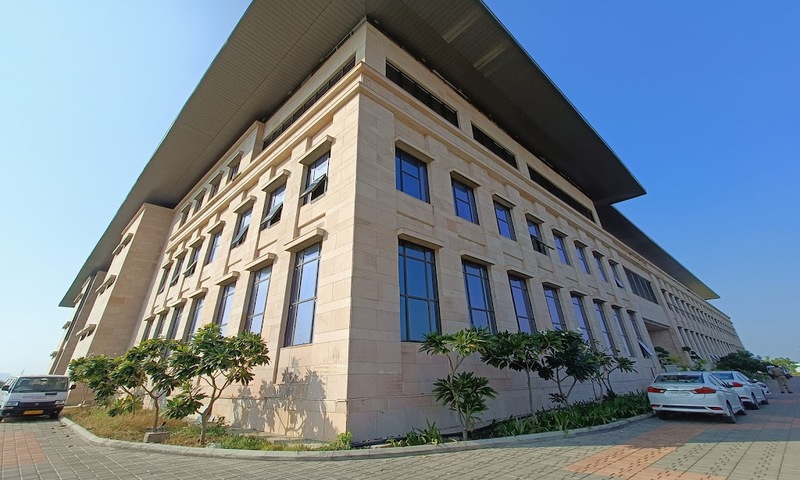
Andhra Pradesh High Court Directs State To Follow Due Process In Land Acquisition For Road Widening In Narsipatnam
Live Law
Land Acquisition Compensation - When Two Views Are Possible, Prefer The View Which Advances Cause Of Justice Over Technical View : Supreme Court
Live Law
Reliance On Evidence Filed After Conclusion Of Hearing; Award Is Patently Illegal: Bombay High Court
Live Law
"Project Is Of National Importance": Allahabad HC Dismisses Pleas Against Land Acquisition For Green National Highway Corridor Project
Live Law
Arbitral Award Not Providing Statutory Compensation On Land Acquired Under NHA Is Perverse: Madras High Court
Live Law
Gujarat High Court Directs NHAI To Re-Compute Compensation For Agricultural Land Acquired In 2014 For Vadodara-Mumbai Expressway
Live Law
Plea In Supreme Court Seeks Review Of Judgment Upholding Upholds Land Acquisition Notifications For Chennai-Salem 8 Lane Expressway
Live Law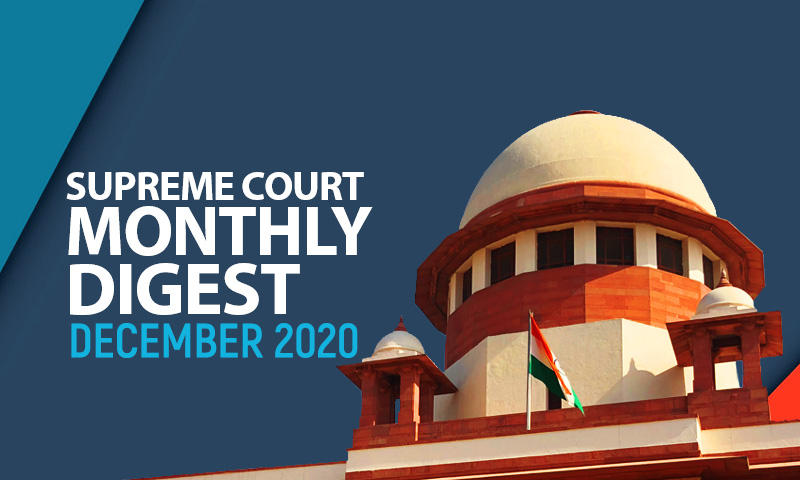
Supreme Court Monthly Digest: December 2020
Live Law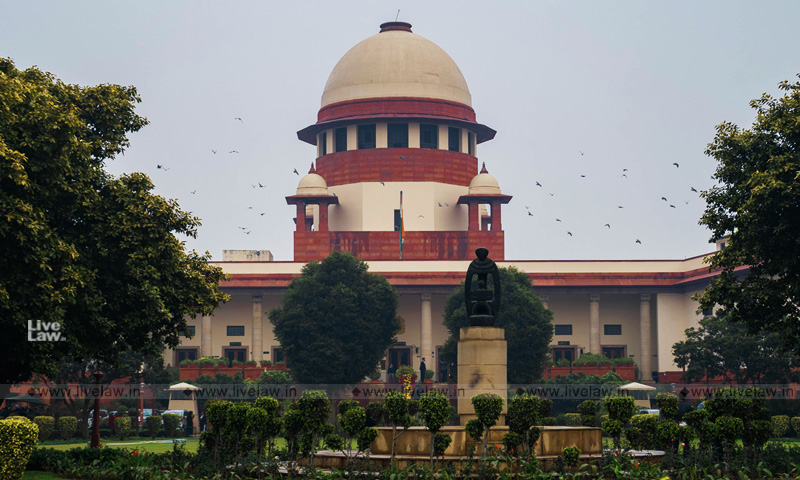
Environmental Clearance Necessary Before Making Declaration Of Land Acquisition Under Section 3D Of National Highways Act : Supreme Court
Live Law
Prior Environmental Clearance Not Required For Notifying Acquisition Of Land For National Highway: Supreme Court
Live Law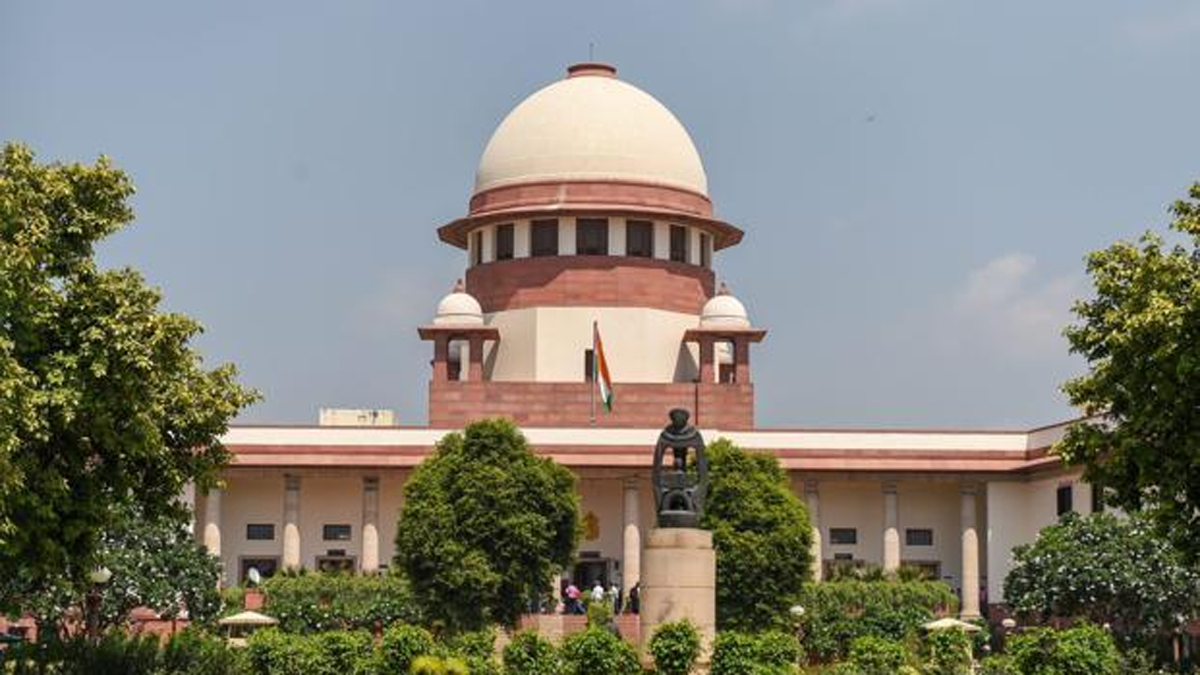
Salem-Chennai road project is of 'national importance', NHAI tells Supreme Court
India TV News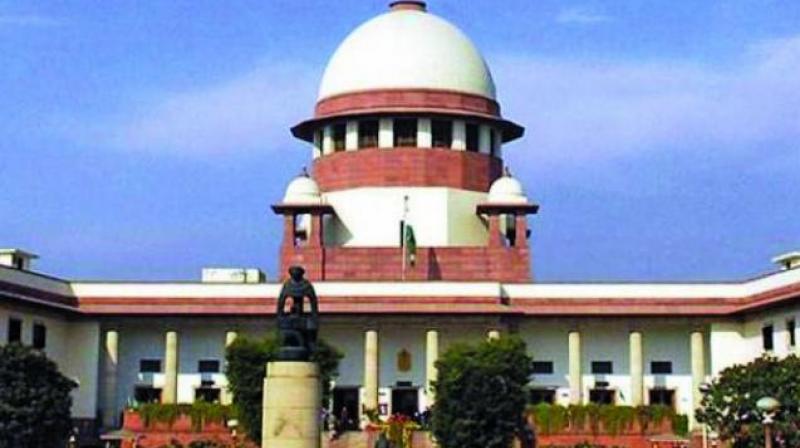
SC will hear Centre\'s plea on Tamil Nadu expressway
Deccan Chronicle)
Salem-Chennai green corridor: Madras HC cancels land acquisition process, says project needs mega realignment
FirstpostDiscover Related






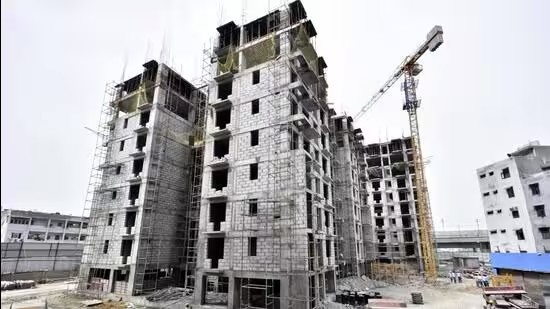
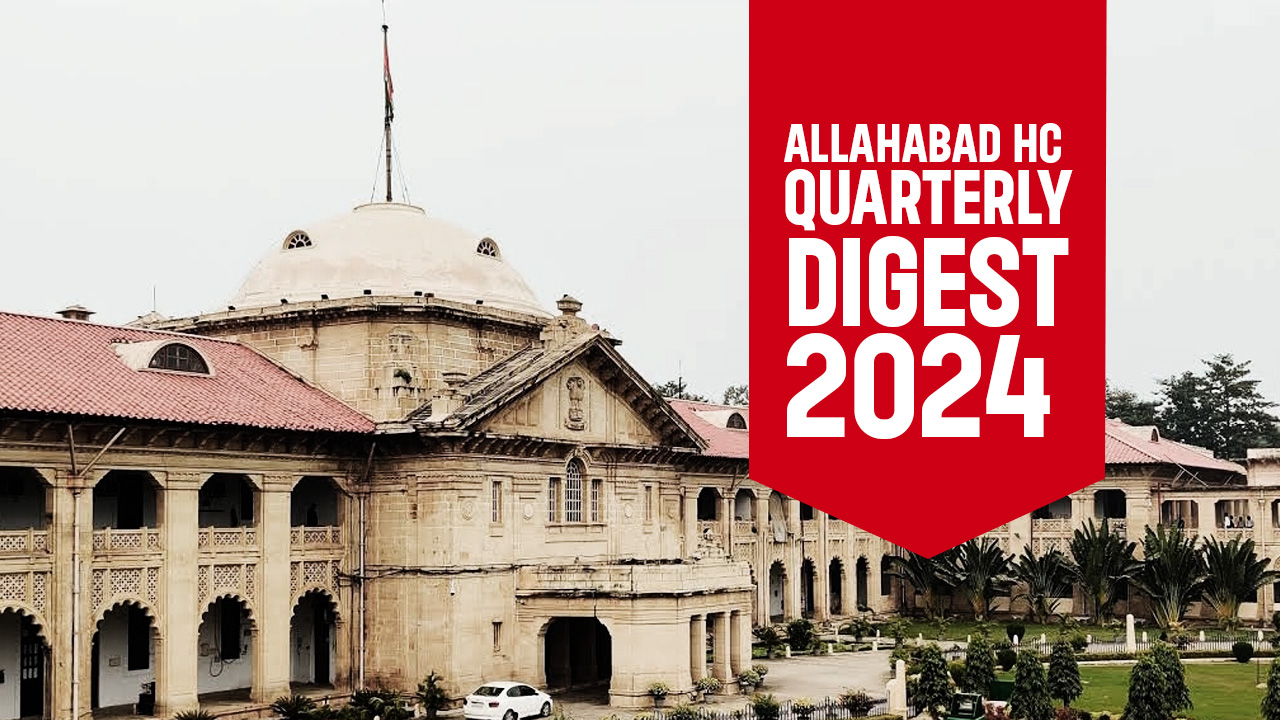
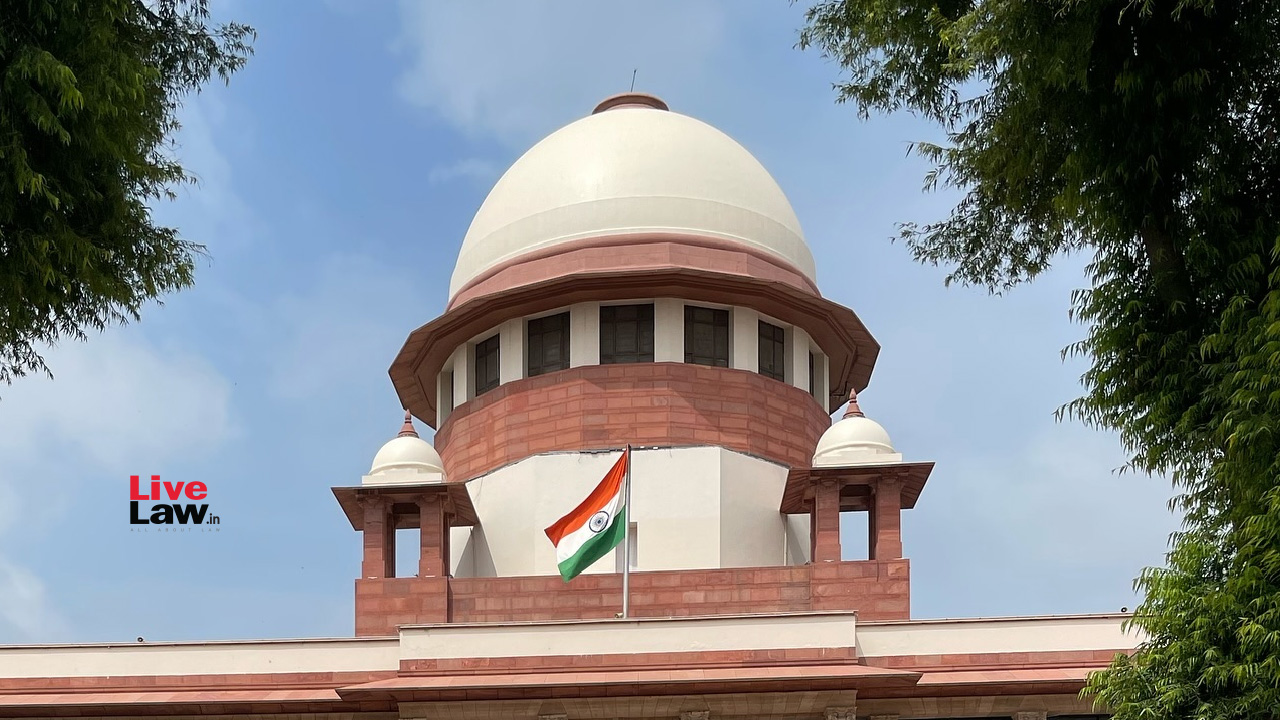






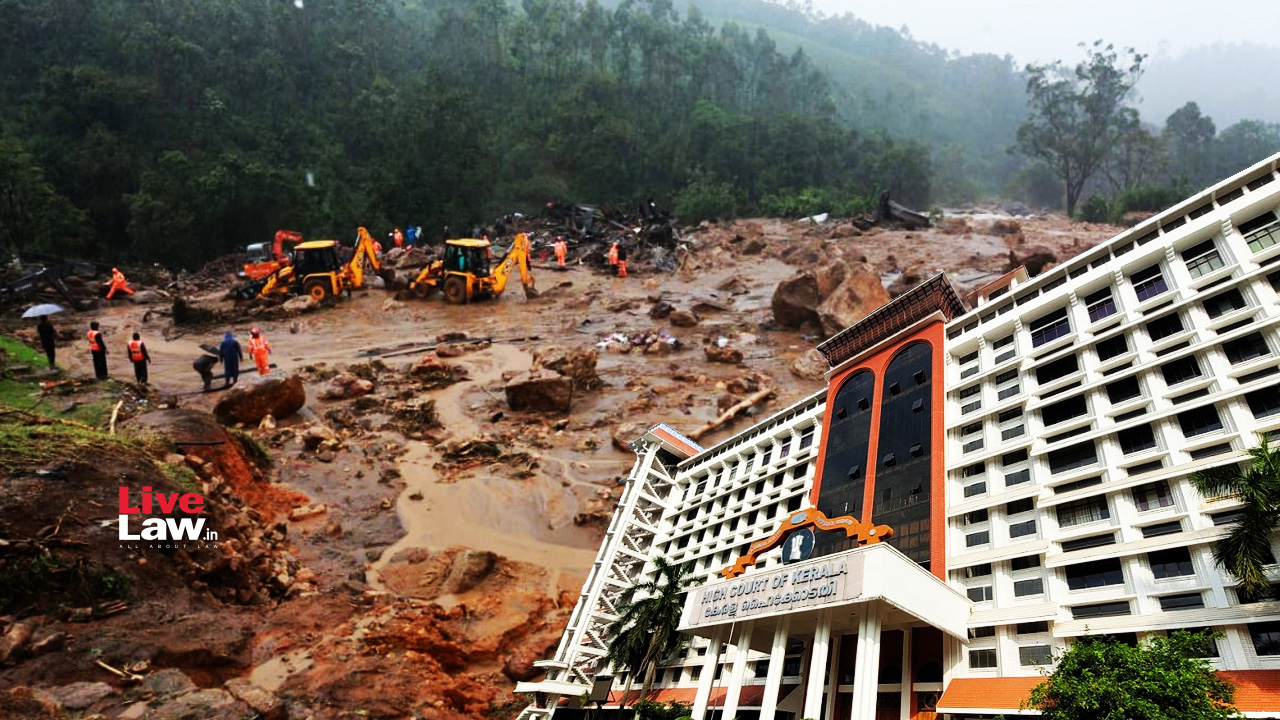





![Real Estate Weekly Round Up:[16 th December – 22 nd December 2024]](https://www.livelaw.in/h-upload/2024/12/03/574379-real-estate-weekly-digest.jpg)
![Jammu & Kashmir And Ladakh High Court Annual Digest [Part I]](https://www.livelaw.in/h-upload/2024/12/19/577411-jammu-and-kashmir-high-court-annual-digest-2024.jpg)
![Telangana High Court Annual Digest 2024 [PART I]](https://www.livelaw.in/h-upload/2024/12/19/577410-telangana-high-court-annual-digest-2024.jpg)




![100 Important Supreme Court Judgments Of 2024 - Part 2 [26-50]](https://www.livelaw.in/h-upload/2024/12/18/577182-100-important-judgments-of-2024-part-2.jpg)



